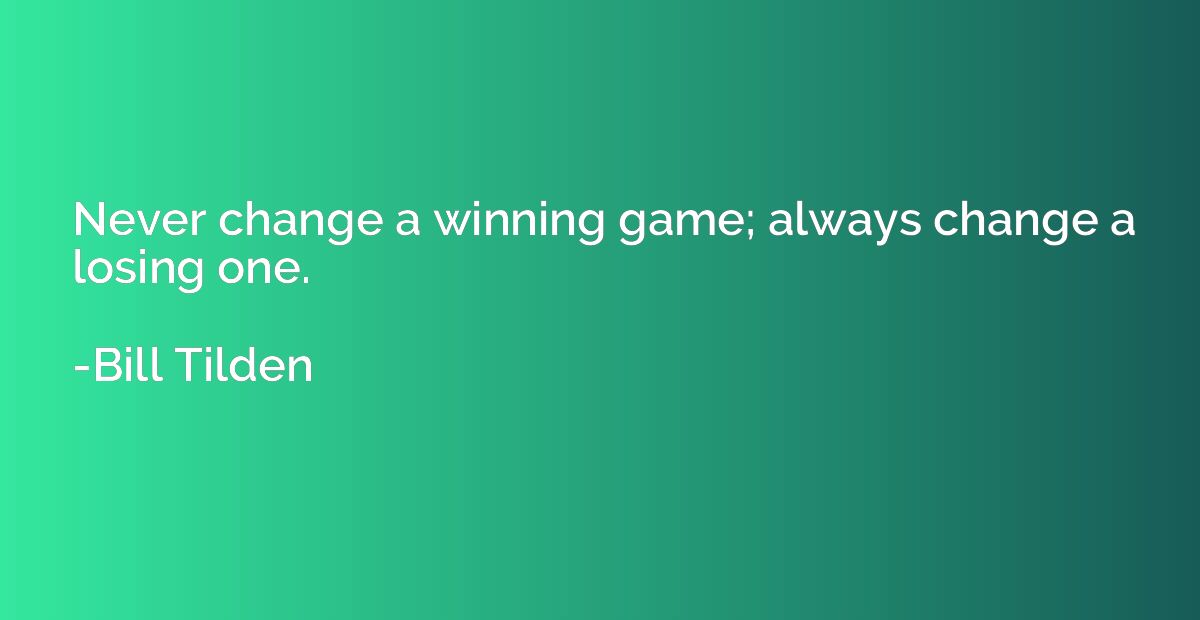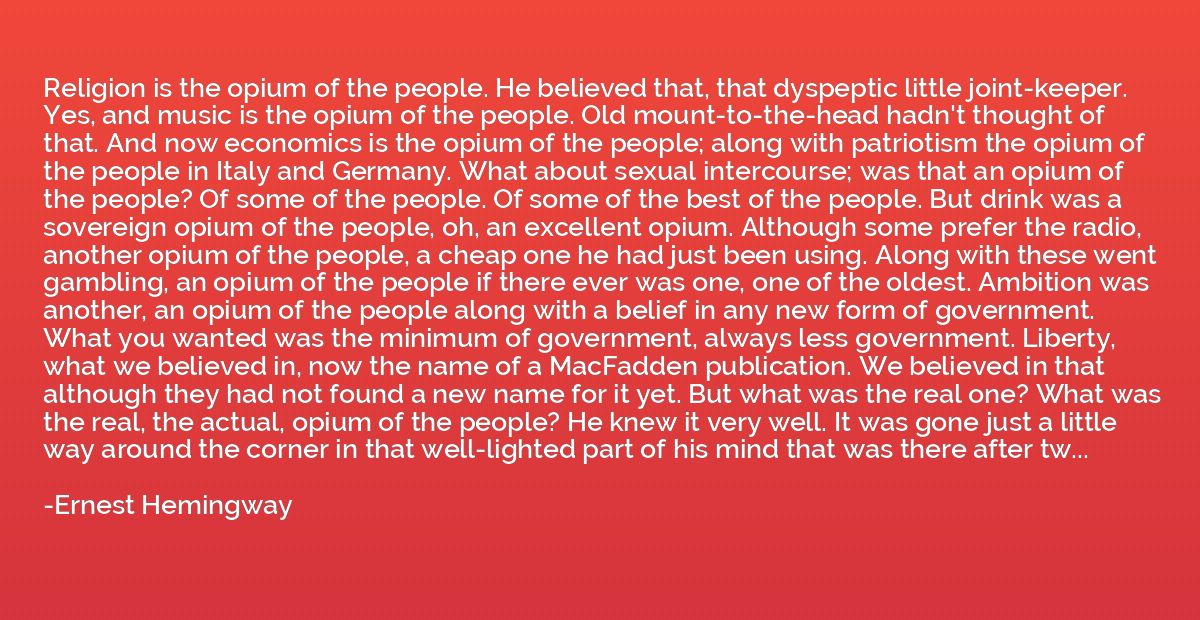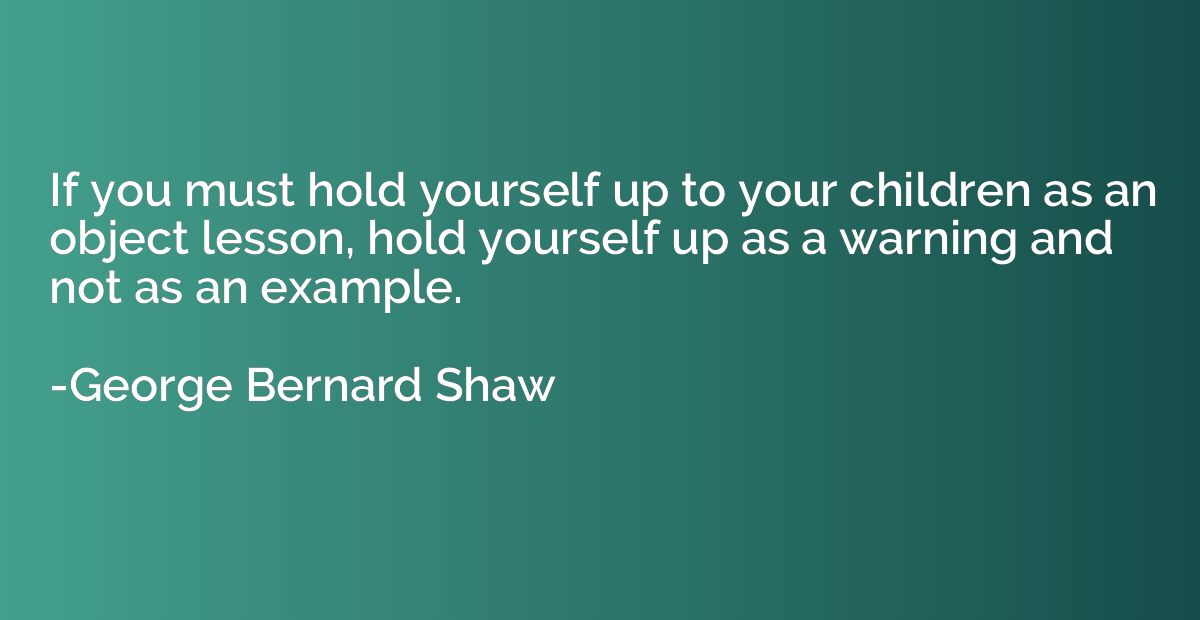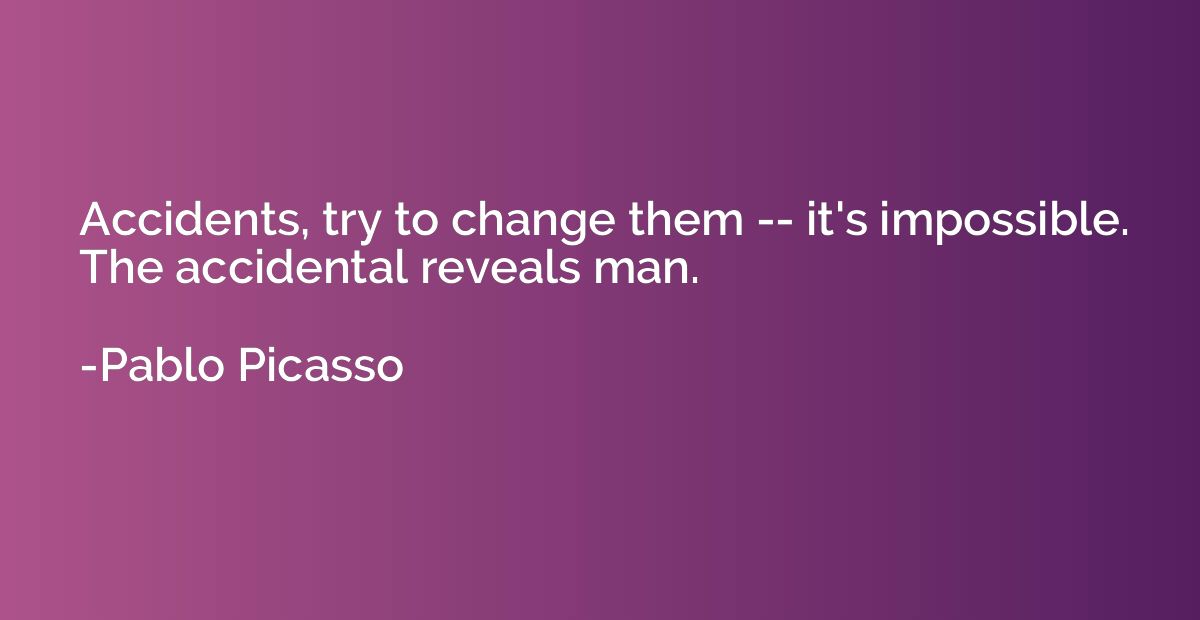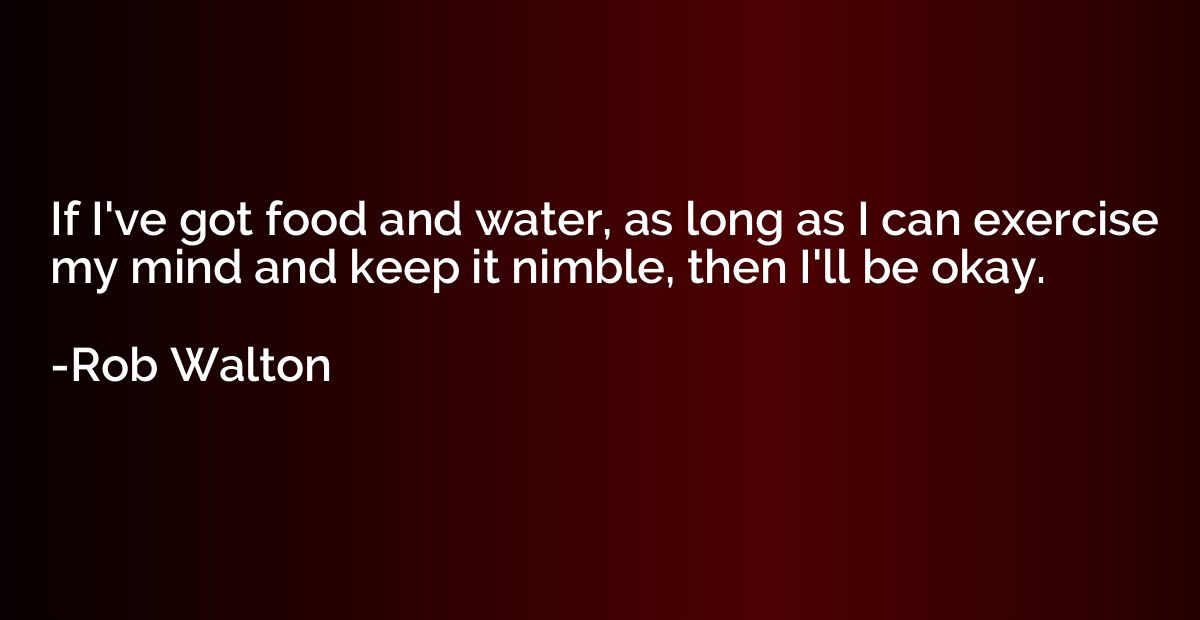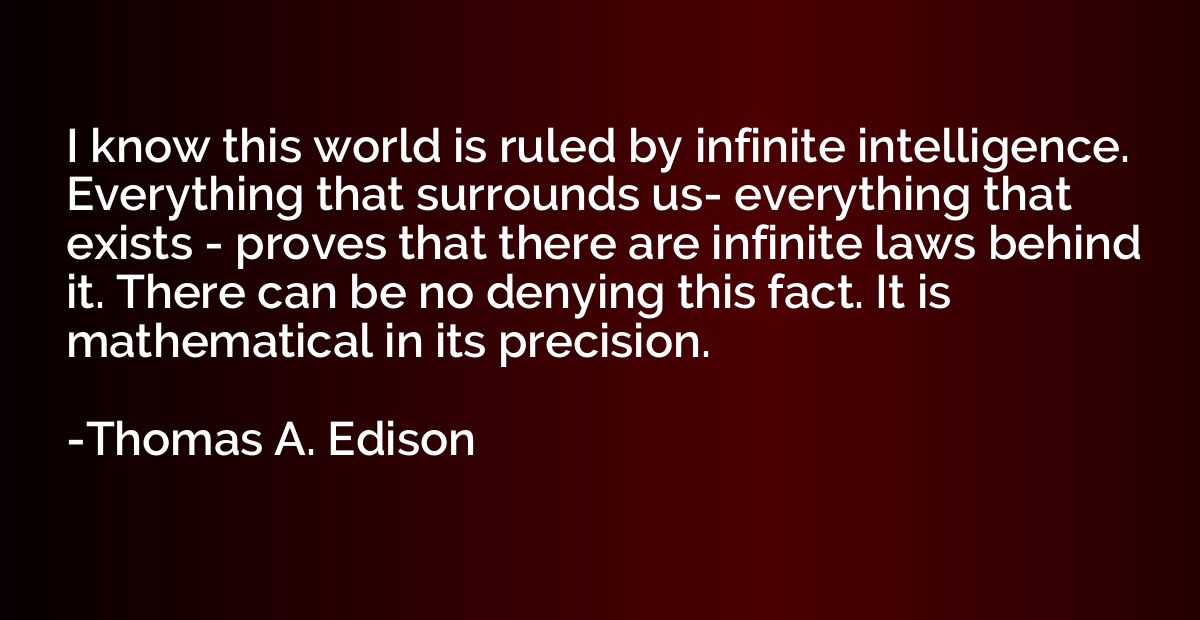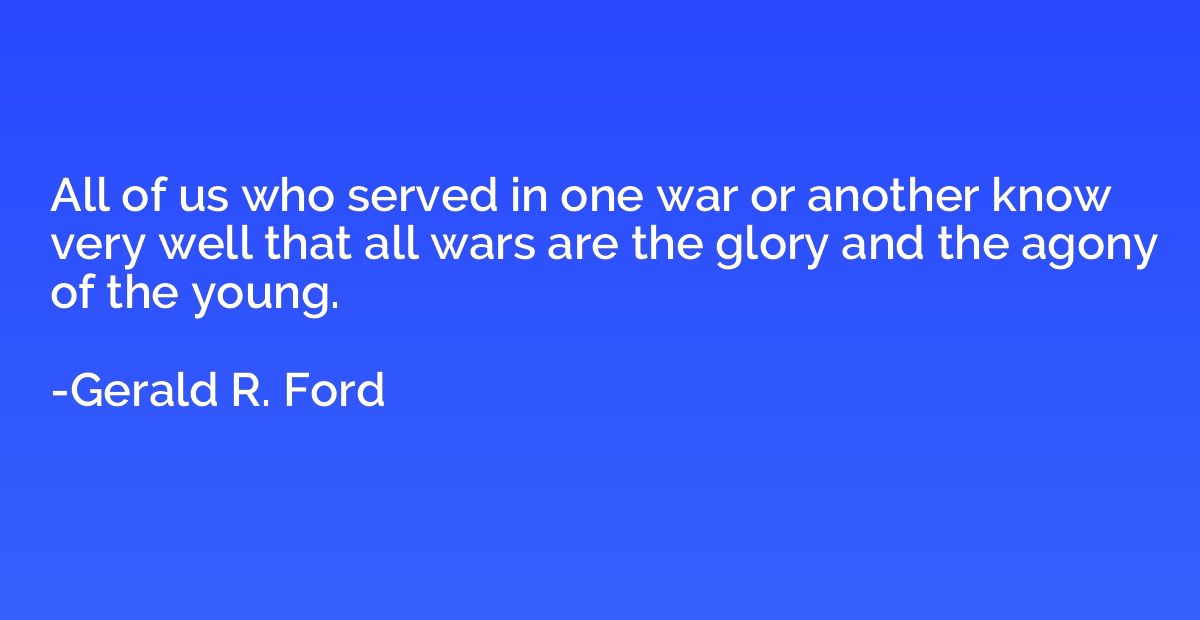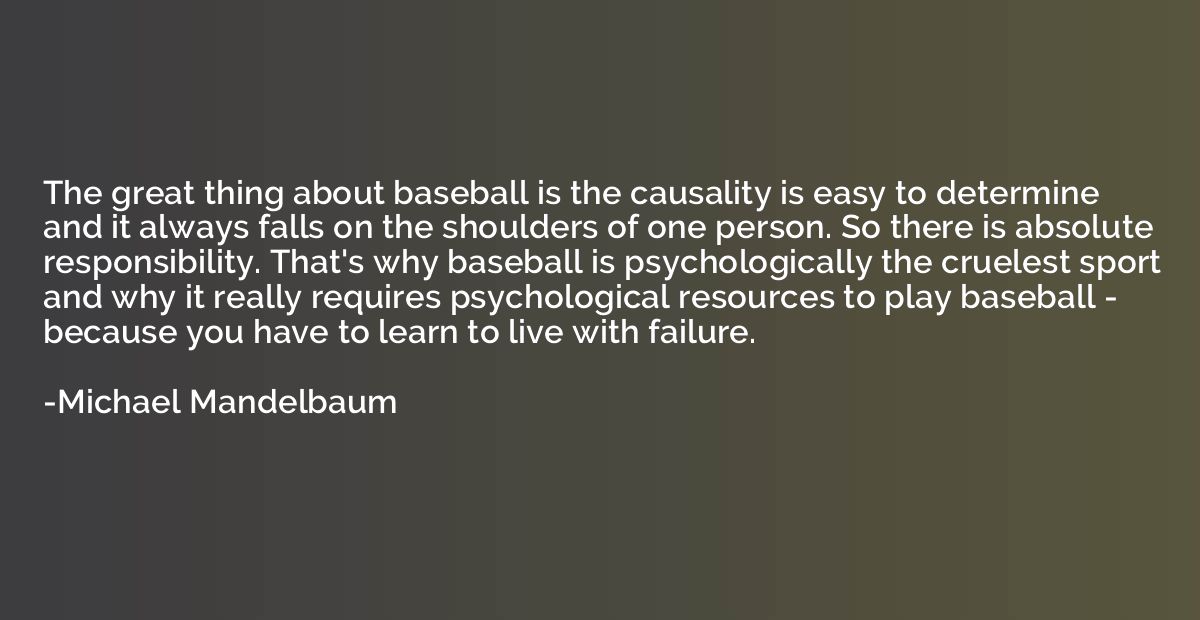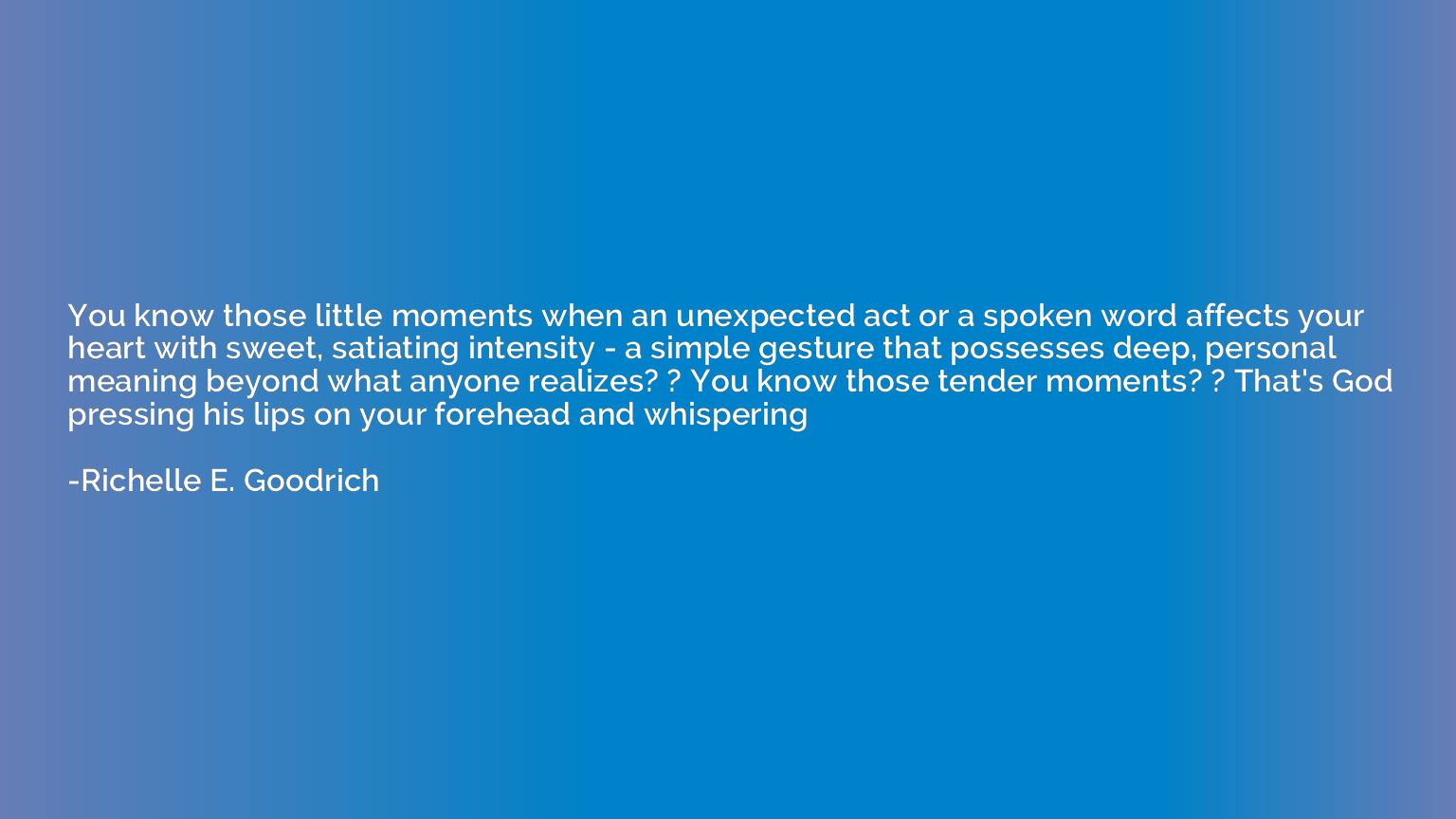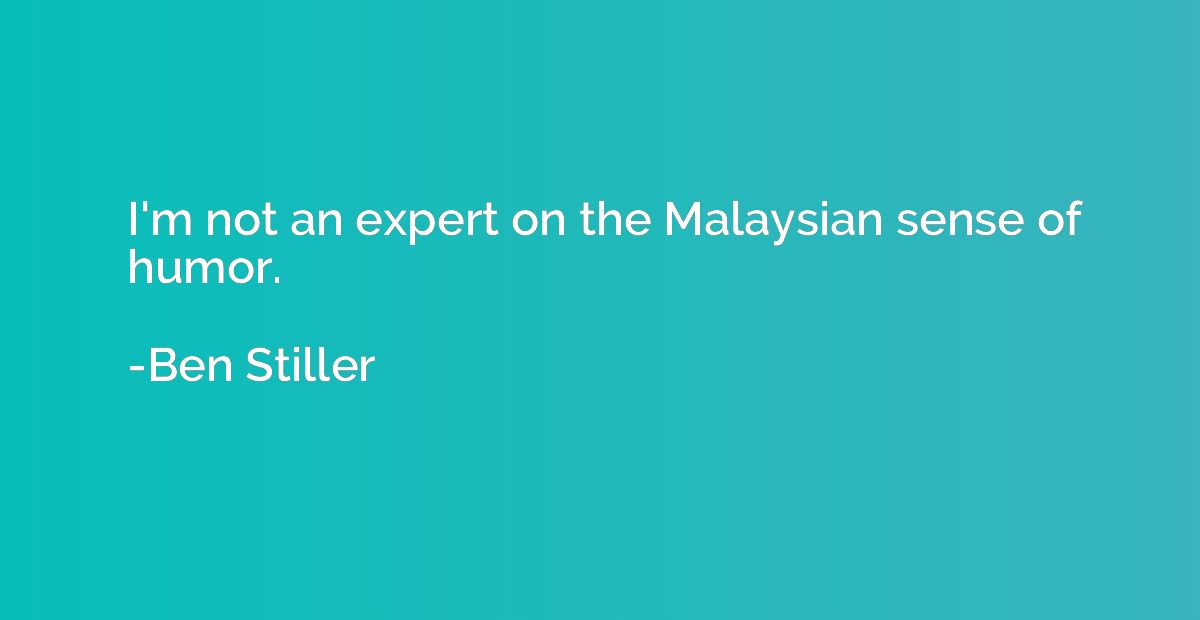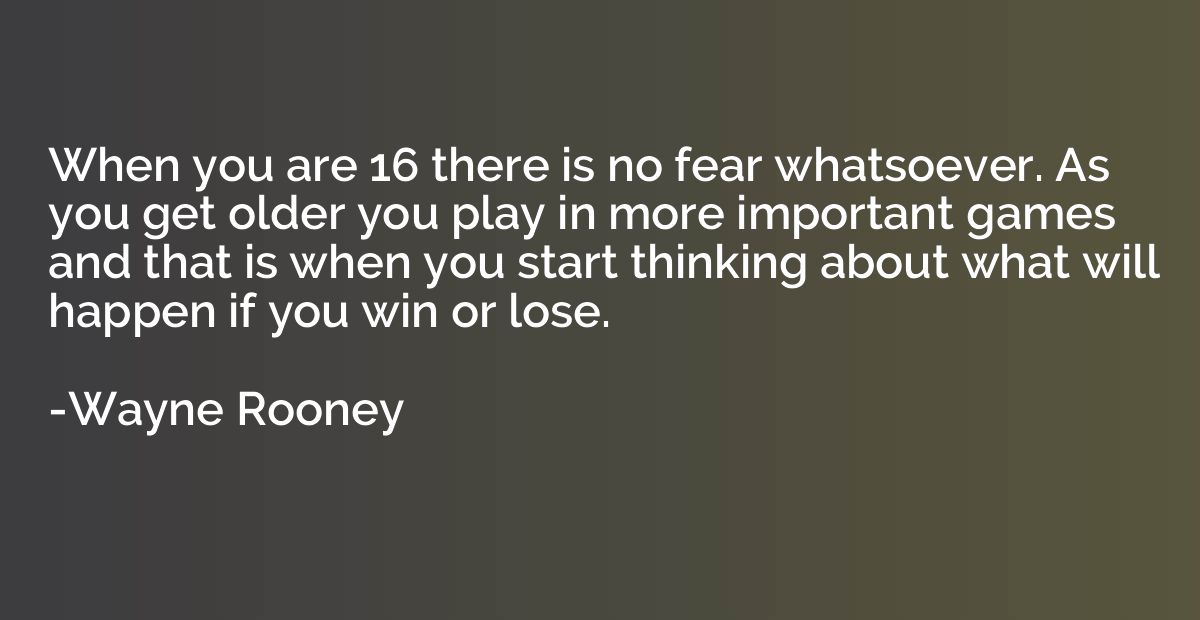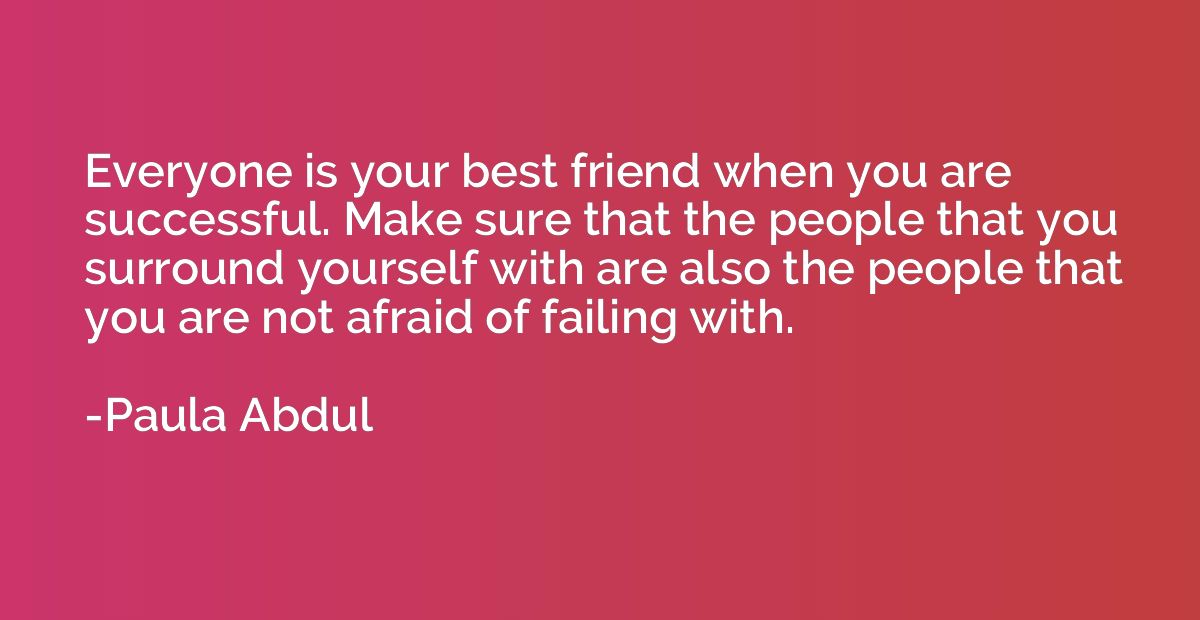Quote by Sarah Dessen
Maybe the truth was, it shouldn't be so easy to be amazing. Then everything would be. It's the things you fight for and struggle with before earning that have the greatest worth. When something's difficult to come by, you'll do that much more to make sure it's even harder--if not impossible--to lose.
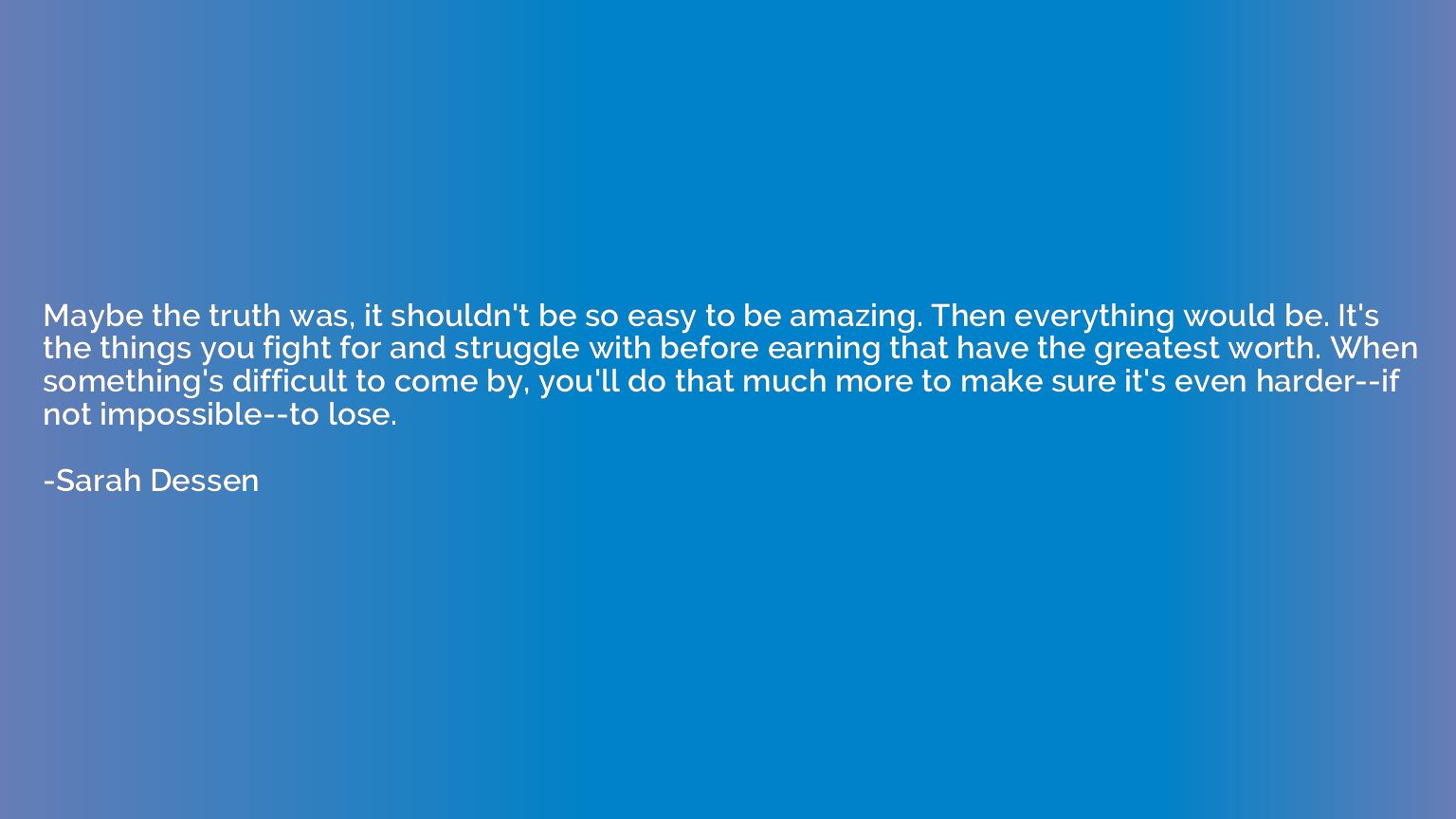
Summary
This quote suggests that true greatness and value are not easy to achieve. The speaker argues that if being amazing were effortless, then everyone would excel, and greatness would lose its meaning. Instead, the speaker suggests that it is the challenges, fights, and struggles one undergoes in pursuit of excellence that make accomplishments truly worthwhile. The satisfaction and value derived from achieving something difficult are greater because they require significant effort and determination. The quote highlights the mindset of not taking easy accomplishments for granted and striving harder to preserve and protect what has been earned through difficulty.
By Sarah Dessen



